The most interesting facts about Venezuela include the world’s tallest waterfall, megadiverse flora and fauna and an everlasting storm.
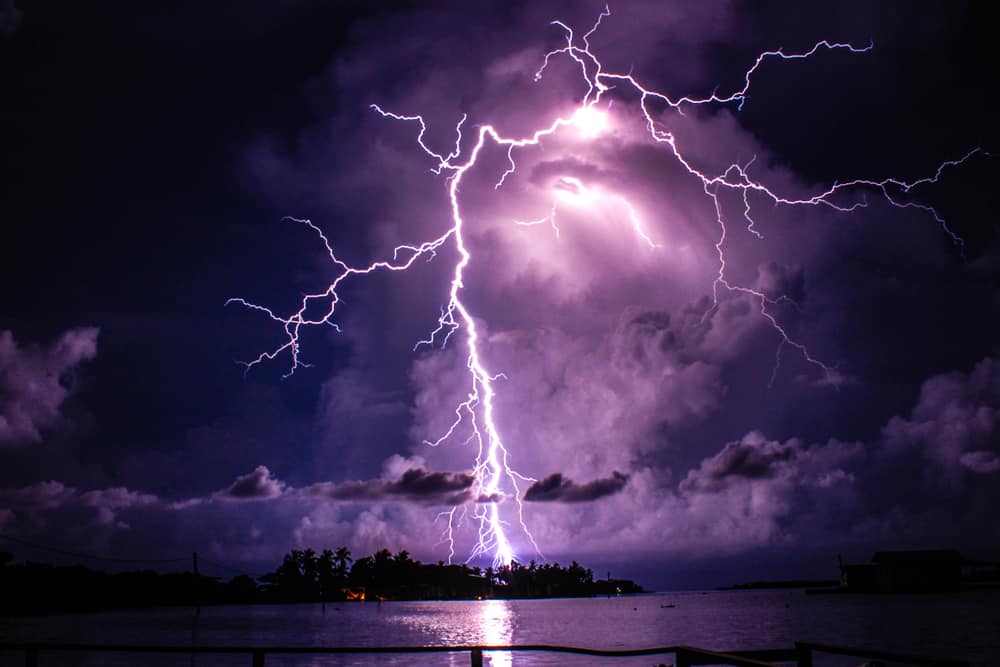
Fast facts
Official name: Bolivarian Republic of Venezuela
Capital city: Caracas
Population: 30.5 million
Area: 912,050 sq km
Major languages: Spanish
Major religions: Christianity (48% Roman Catholic, 31.6% Protestant)
Time zone: UTC-4 (Venezuelan Standard Time)
Interesting facts about Venezuela
1. Venezuela, located in the northern part of South America, is bordered by Brazil, Guyana, and Colombia.
2. Before colonization, Venezuela was inhabited by the Carib, Arawak, and Chibcha peoples. There is evidence of human habitation in Venezuela going back more than 10,000 years.
3. In 1498, during his third trip to South America, Christopher Columbus became the first European to set foot in what is now Venezuela. European explorers named the region Venezuela “Little Venice”.
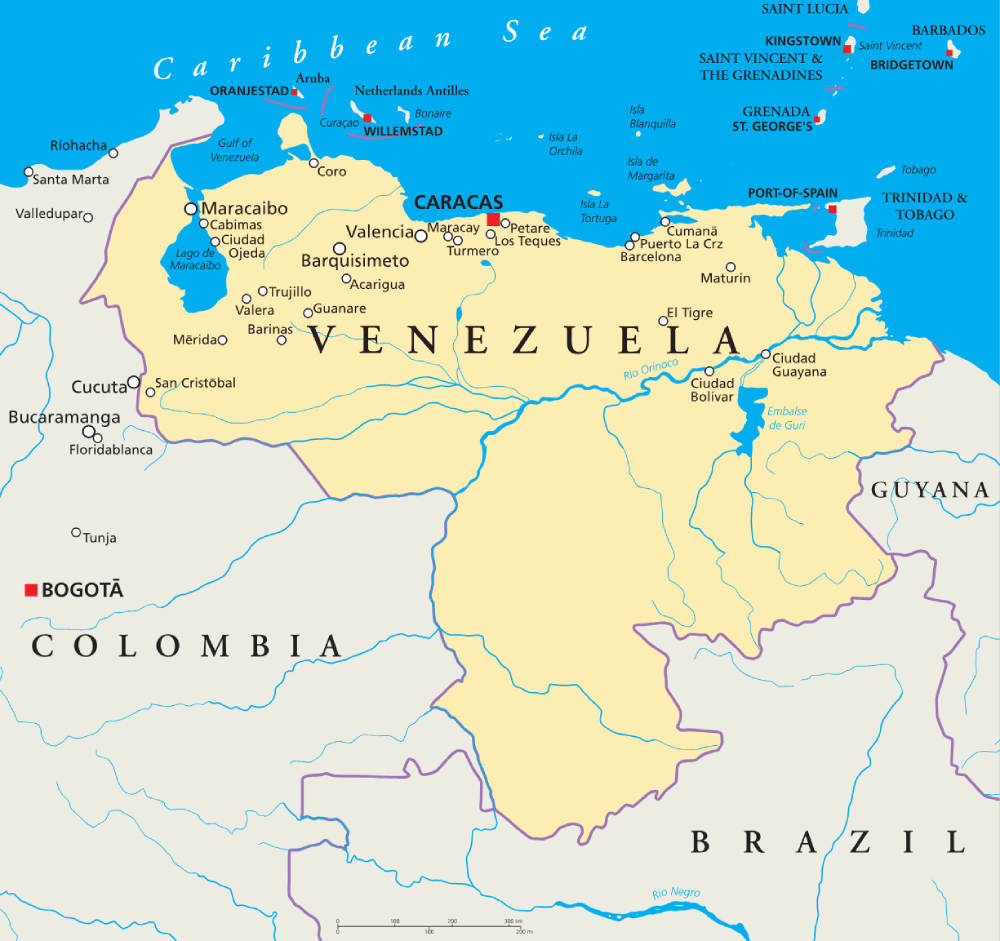
4. Spanish colonization began in 1521 and lasted until 1810, when Venezuelans first declared independence from Spain.
5. Modern Venezuela was one of three countries created in 1830 following the collapse of Gran Colombia, the short-lived republic (1819–30) created by revolutionary Simón Bolívar. It included the territories of present-day Colombia, Venezuela, Ecuador, and Panama, as well as parts of northern Peru, western Guyana, and northwest Brazil.
6. The Venezuelan flag includes the tricolor initially adopted by Gran Colombia, along with an arc of stars that represent the original provinces. It also includes a coat of arms that features a wheatsheaf, a horse, tools, weapons, flags, two cornucopia and branches of laurel and palm bound by ribbon.

7. In 1998, Venezuelans elected controversial left-winger Hugo Chavez, a former army officer who declared a ‘Bolivarian revolution’, named after Simón Bolívar.
8. Hugo Chavez was in office for 14 years. During this time, he styled himself as a champion of the poor, investing billions of dollars of Venezuela’s oil wealth into social programs. He died in 2013.
9. Independent journalism is restricted in Venezuela, with President Nicolás Maduro maintaining tight control through strict government policy. This places Venezuela 156th out of 180 countries on the World Press Freedom Index in 2024.
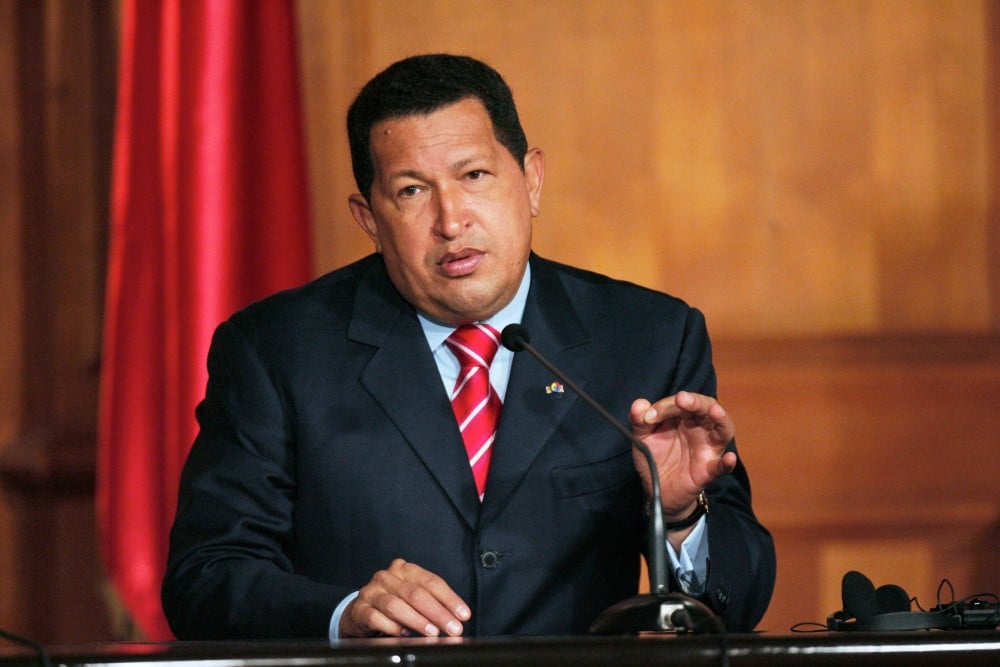
10. In recent years, Venezuela has struggled economically and suffered from hyperinflation. In 2020, a UN survey found that a third of Venezuelans—9.3 million people—did not have enough to eat.
11. The humanitarian crisis has led more than 4.5 million people to flee overseas, leading to a decline in population.
12. Venezuela is currently off-limits to travelers. Unfortunately, most countries advise against visiting Venezuela. This is a shame as the country is home to an array of natural beauty that includes the Andes mountains, Caribbean beaches, picturesque islands, an array of wildlife, the Orinoco Delta, and several natural wonders. The consular services to US citizens in Venezuela remain suspended following the United States government’s withdrawal of its diplomatic personnel from the US Embassy in Caracas.
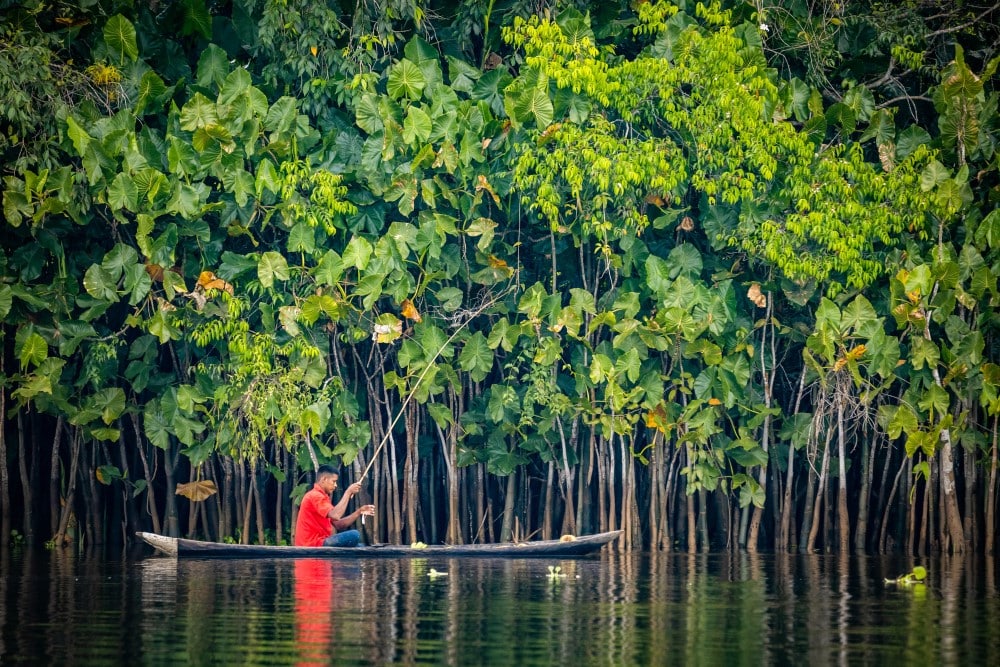
13. At 30,000 square kilometers (12,000 square miles), Canaima is the sixth largest national park in the world. It is covered by steep, flat-topped mountains.
14. About one-third of the vegetation found in the mountains of Canaima National Park is endemic.
15. Canaima National Park is home to the world’s tallest waterfall, Angel Falls, which is 979m (3,212ft) high and drops 807m (2,648ft).
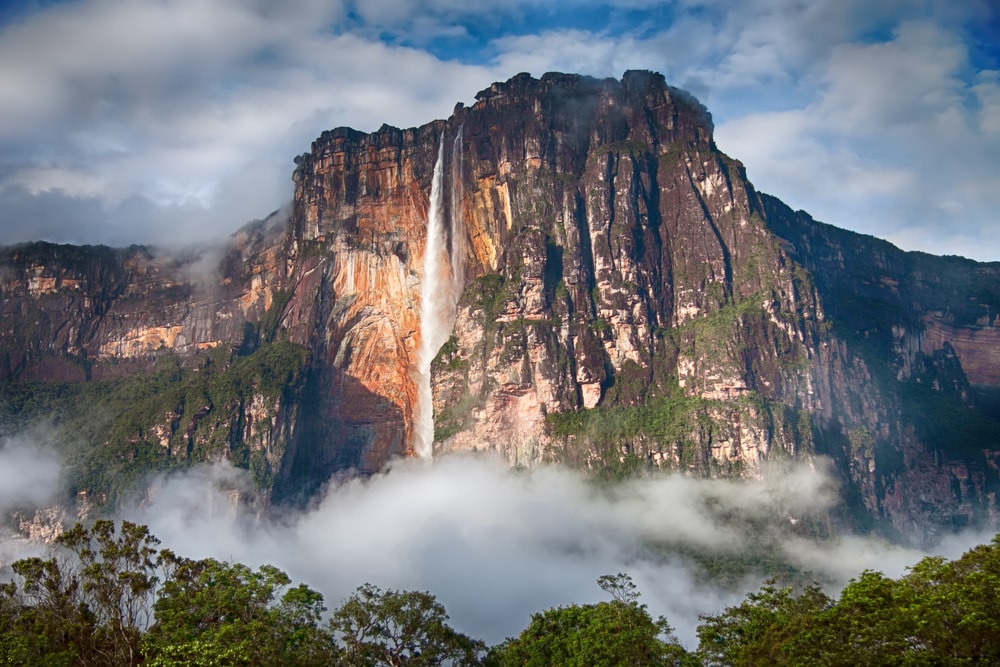
16. The falls are named after American aviator Jimmie Angel. In 1933, he became the first person to fly over them, confirming their existence.
17. Venezuela has one of the world’s highest number of gun deaths. In 2016 it was the sixth highest, making it one of six countries that make up over 50% of the world’s firearm-related deaths. It also follows El Salvador with the most number of violent gun deaths (homicide) at 36.06%.
18. Venezuela has some of the most dangerous roads in the world (3rd) and the most dangerous in South America.
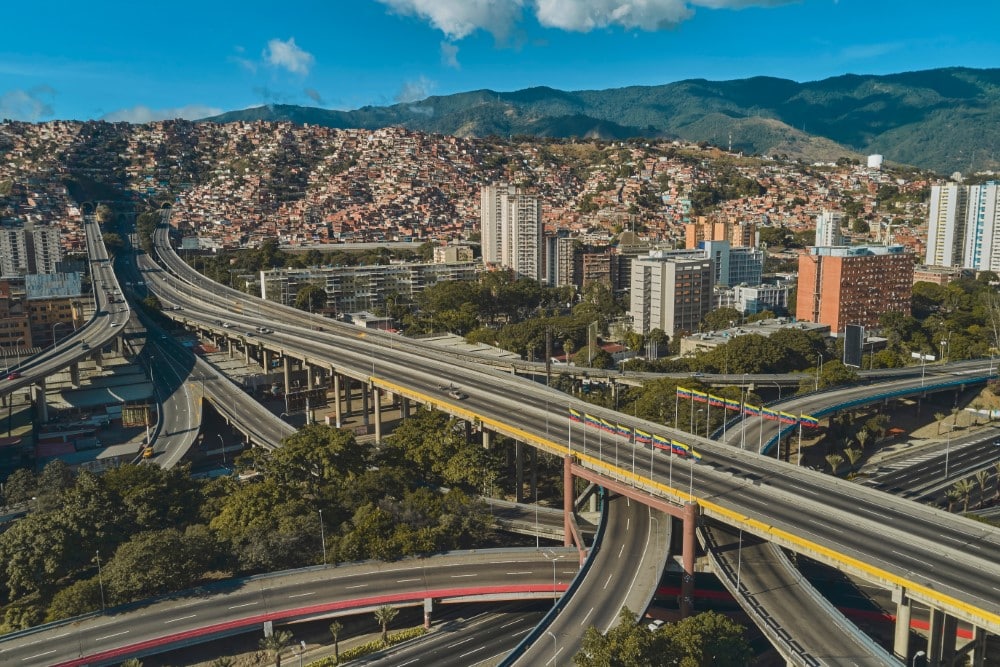
19. Venezuela is thought to have the world’s largest oil reserves at 303.2 billion barrels (17.9% of the world’s total), as well as large amounts of coal, iron ore, and gold.
20. Venezuela has the world’s cheapest gasoline (petrol). For years the price has averaged around $0.01 per litre.
21. The world’s largest rodent can be found in Venezuela. The capybara can grow up to 1.4m long and weigh up to 65kg.
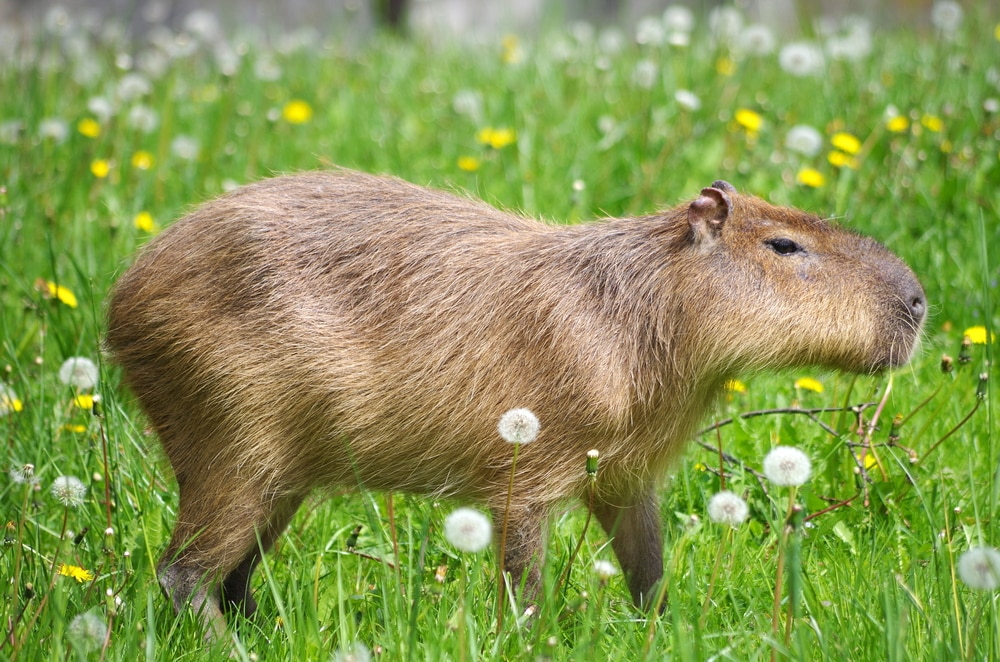
22. Fifty percent of amphibian and 23% of reptilian species in Venezuela are endemic, meaning they are not found anywhere else in the world.
23. Venezuela is home to the largest lagoon in South America, Lake Maracaibo. It has a surface area of 13,500 square kilometers (5,217 miles). It’s also one of the oldest lagoons at 36 million years old.
24. Venezuela is the most electric place on Earth. Where the Catatumbo River meets Lake Maracaibo, lightning flashes up to 28 times a minute for up to nine hours. Known as the Beacon of Maracaibo, the Catatumbo lightning, or the everlasting storm, there are an average of 260 storm days per year.
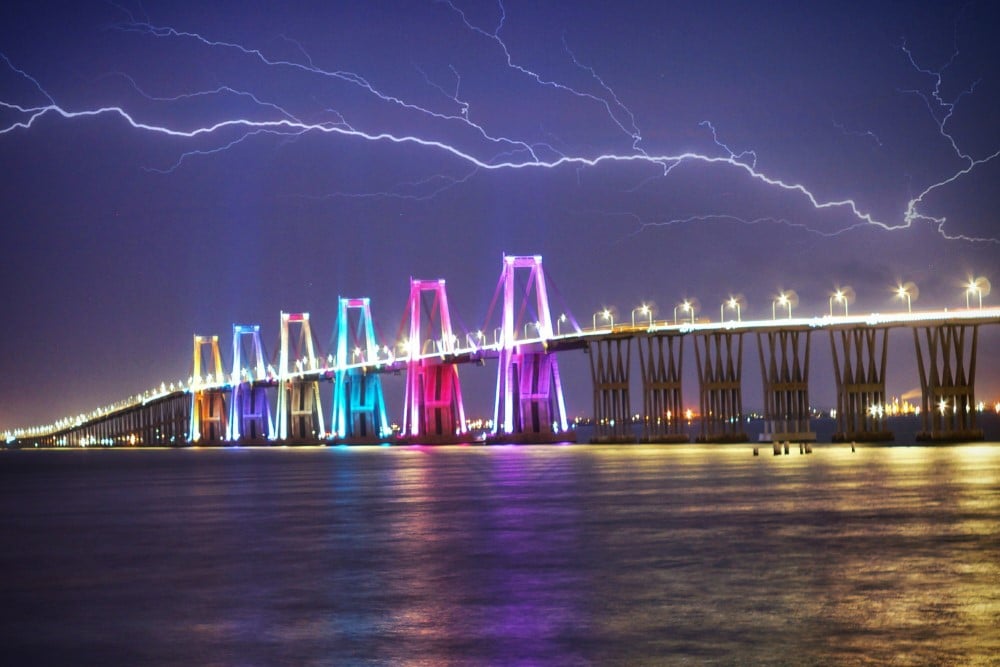
25. Venezuela is the most corrupt country in the Americas, and the third most corrupt country in the world. It has a Corruption Perceptions Index (CPI) score of just 10 out of 100.
26. Venezuela has the world’s seventh-largest natural gas reserves, estimated at 6,300 billion cubic meters (BCM).
27. The Miss Venezuela beauty pageant has produced six Miss World and seven Miss Universe winners.
28. Often referred to as the world’s tallest slum, there is an unfinished skyscraper in Caracas that was illegally occupied by over 3,000 squatters from 2007 to 2014. The 45-story building was originally conceived as a bank but was never finished and was abandoned in 1994. In 2014, Venezuelan soldiers removed the squatters, but the building remains incomplete.
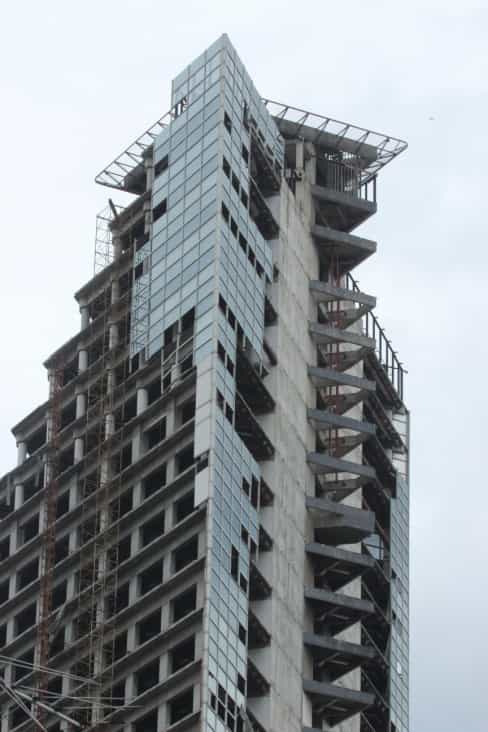
29. The 1981 Miss Universe winner, Irene Sáez, ran for president in 1998. Following her success in the global beauty pageant, she went on to become a mayor and a governor in Venezuela before losing out to Hugo Chávez in the presidential race of 1998.
30. Another unfinished building in Caracas, The Helix (El Helicoide), was conceived in the 1950s to be a shopping mall housing 300 boutique shops. Instead, the building became a homeless shelter, a prison, a police headquarters, and eventually a torture chamber, described by former inmates as ‘hell on earth’.
31. Mount Roraima in Venezuela, a tepui mountain—a type of flat-topped sandstone mountain – is believed to have inspired Sir Arthur Conan Doyle’s The Lost World.
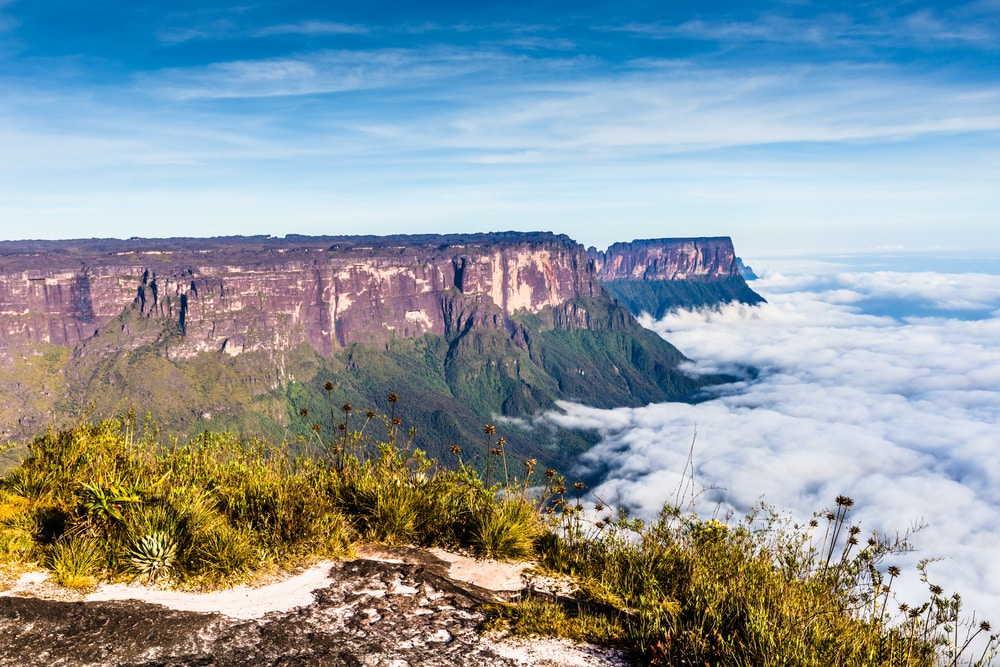
32. Baseball is Venezuela’s most popular sport. José Altuve, Ronald Acuna Jr., and Salvador Pérez have earned widespread recognition for their outstanding performances.
33. Venezuela is the third country in the world with the highest proportion of protected territory. Almost 57% of its total land area is protected. Seychelles has the most protected land area at 61.5%.
34. Venezuela is one of 17 megadiverse countries. Megadiverse countries are the world’s most biodiversity-rich countries.
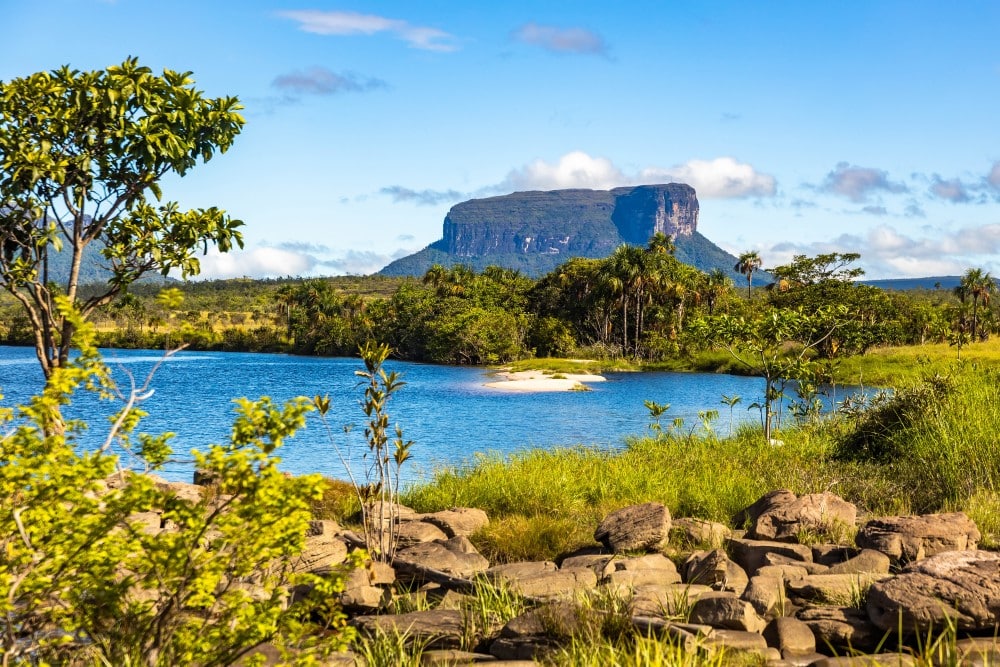
35. During Christmas time in Caracas, the streets are closed off so that people can roller-skate to church for early morning mass. En route, skaters tug on the ends of long pieces of string tied by children to their big toes.
Explore more from South America
Every effort has been made to verify these facts about Venezuela using primary sources. If you find an error or have any questions, please contact us.
Caitriona Maria is an education writer and owner of The Facts Institute. A teacher for seven years, she has been committed to providing students with the best learning opportunities possible, both domestically and abroad. Dedicated to unlocking students' potential, Caitriona has taught English in several countries and continues to explore new cultures through her travels.